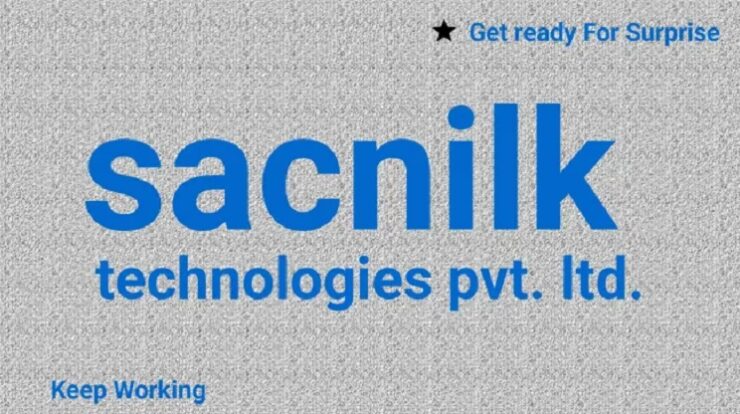
Managed detection and response (MDR) solutions are quickly becoming some of the most prevalent pieces of an enterprise network security posture. The MDR market has been growing at an unbelievable rate, registering about a 30 percent compound annual growth rate (CAGR) since 2016. Clearly, these security services are offering something that’s making organizations across the board take notice of the results.
MDR is basically the combination of a security operations center (SOC) with a variety of different security tools. There are many different ways MDRs can be constructed, but there’s one main designation that needs to be determined before all others: outsourced versus internal.
While the “managed” aspect of MDR sort of implies that you’re going to be hiring an outside provider, it’s actually possible to build an MDR from the ground up using only internal resources. The issue with this, however, is that in taking the internal route, organizations will inherently lose some of the benefits of outsourced MDR that make it such a powerful security option. Let’s look at the benefits of outsourced MDR, and how it can help make enterprise networks more secure.
What Are the Benefits of Outsourced MDR?
There are several reasons why outsourced managed detection and response can be a game-changing addition to any organization’s overall security. Here are a few of the top benefits of taking this route to MDR implementation:
- Get top industry experts on your side – When it comes to defending enterprise networks from malicious threats, it matters who’s on your team. Even the best internal IT departments are going to fall short of an MDR provider when it comes to offering security expertise. When your sensitive data is on the line, do you really want anyone other than the best working to triage an attack? While this might not seem like a big deal, it’s too late to change your stance once you’ve experienced the full brunt of a data breach.
- Optimal MDR design – Many great MDR platforms will be built on top of a larger security vendor’s tools. For instance, Open Systems’ MDR+ offering is based on the Microsoft Azure Sentinel security information and event management (SIEM) system. Put together, the underlying security features of Sentinel, combined with Open Systems’ proprietary tools, make for a comprehensive MDR solution. It would be next to impossible for an enterprise to replicate this kind of protection via internal means.
- Premium next-gen tools – Protecting enterprise networks isn’t only about having the best people behind you, it’s also about deploying the right tools. An outsourced MDR provider should be equipped with next-gen security tools that utilize artificial intelligence and machine learning. While you might be able to obtain many of these without going through a provider, implementing and using them to their fullest potential is an entirely different task. You’ll get the most out of these technologies when partnering with an MDR provider.
These are some of the primary benefits of outsourcing your MDR needs. There is, however, one more major motivation that will be covered in the next section.
Does It Make Sense for Enterprises to Outsource MDR Solutions?
Just because there are qualitative benefits to a service doesn’t mean it’s a worthwhile investment. While most executives can see the benefits in having a private jet, at the end of the day, it’s not really a smart use of capital unless it’s creating shareholder value. This is where things get really interesting for outsourced MDR.
Organizations that deployed Open Systems’ MDR+ realized a jaw-dropping 174 percent return on investment (ROI) in just three years. Furthermore, the purchase is able to pay for itself in as little as six months of use. Clearly, there are massive financial benefits to outsourcing MDR services. This doesn’t only come from reduced operating expenses, a great MDR will also significantly dampen the financial damage of a data breach.
You don’t have to search far to find some compelling reasons to outsource MDR. Stakeholders and managers should make it clear that they want the best possible security for enterprise networks. Utilizing an MDR provider is one of the smartest ways to accomplish this.


